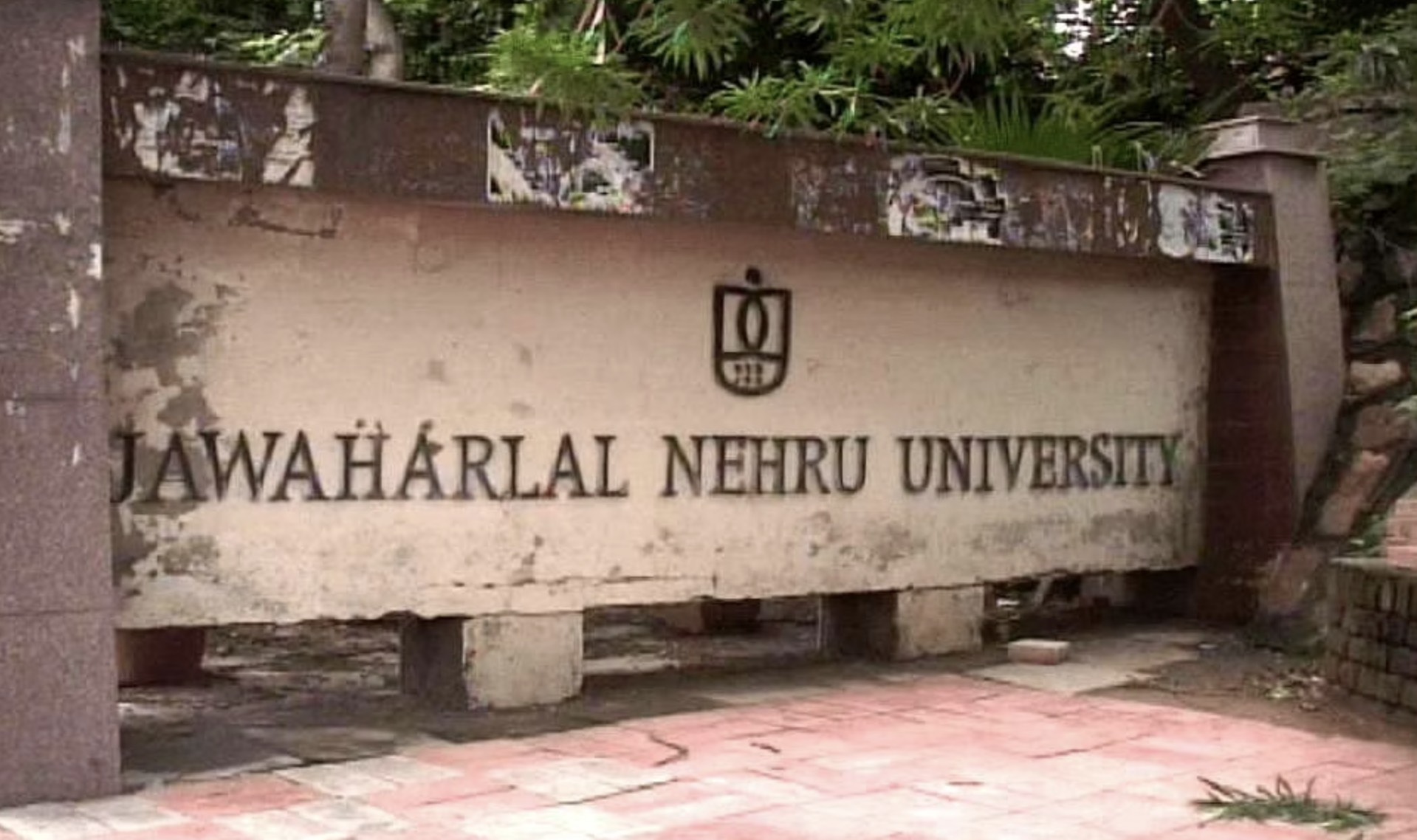On June 22, 2022, the Jawaharlal Nehru University (JNU) administration issued another round of notice to the owners of dhabas, canteens and photocopy shops inside the campus, demanding hefty fines and asking them to vacate the campus by June 30.
According to a statement by the varsity, the businesses have been running without any allotment, and have not followed the laid down process. The statement also claims they have been running without payment of any license fees or other dues like electricity/water/conservancy charges. Some of the dhaba owners have been asked to pay fines upto Rs 20 lakh.
The contradictory aspect of these claims is that some of these dhabas have been functioning inside JNU for over 15 years now, and have only now been declared illegal.
JNU has a long legacy of affordable dhabas that have serve students inside the campus 24×7. The timings of the dhabas have been reduced during the pandemic, which has raised serious concern among the students The fact that the canteen owners have now been asked to pay such hefty fines at a time when people are just recovering from the economic losses due to COVID-19 also leads to more concerns.
So why is the administration making such a move now?
The shop owners who face the threat of eviction are scared to speak. Pappu, a pantry owner, said that the administration has forbidden them from speaking to the media. “We have sent a letter collectively to the admin asking them to reduce the charges and give some concessions. GST charges of some 15 years were given in the bill, but GST did not exist back then. Some other ambiguous fees were also there,” he said.
“We are hopeful that the admin will respond to our queries and let us continue our business here. If they reduce the fines, we will somehow manage to pay it. But if we lose our shop, we will not be able to survive,” said another canteen owner.
But is the issue of JNU restricted to a few dhabas or is it pointing to a larger structural issue that can harm the university in the long run and deteriorate the space it has now – a space that has been accessible to students from diverse backgrounds, marginalised communities and minorities?
A similar issue took place a year ago.
In February 2021, the JNU admin issued a notice to the launderers living within the campus to vacate their spaces – literally very small rooms built within the hostels. Some of them have been staying there since 1983.
A pricy laundromat shop was opened inside the campus at the same time.
Two years ago, the hostel fee hike and the regressive draft hostel manual created an uproar. Protests erupted all over JNU when the hostel room rents were increased to Rs 600 and Rs 300 for single and double rooms respectively. Many people, belonging to more privileged sections of Delhi University did not understand the reason for such outrage from JNU students.
But it is not that simple. JNU has a population of students coming from diverse socio-economic backgrounds.
Who suffers the most when the fee is increased even by Rs 2? Who suffers if the campus becomes devoid of cheap dhabas that serve food 24×7 and is replaced by a food court?
Hareendra, unit president of SFI-JNU, said, “The JNU administration is trying its best to privatise the entire campus region. They want to open food courts, they opened a laundromat and they also do not want underprivileged students to be studying inside their campus. The ‘anti-nationals’ come from here, right?”
“We have been trying to protest against these anti-student, anti-worker policies actively pushed forth by the admin. Higher education has become unaffordable just when the number of those who desperately need it is exploding. Now they are trying to commercialise whatever little is left in campuses like JNU,” he added.
Aishe Ghosh, President of JNUSU says, “The circulars issued by the JNU administration on fee hike remained silent on previously proposed utility charges. The charges had included the salaries of mess and sanitation workers as well as other miscellaneous expenditures. It is very clear as to how the workers of this campus are treated poorly and are driven out of campus.”
Anagha Pradeep, Councillor of JNUSU reflects on the procedure followed by JNU administrations in the past, and says, “JNU has a tradition of progressive shop allocation policy, which gives priority to the people from marginalised backgrounds. Many of these shop owners who are being intimidated by the JNU administration belong to marginalised groups. Same is the case with the dhobiwaalas. The administration neither wants people from marginalised communities working inside the campus, nor do they want underprivileged students here. They want to corporatise the space and homogenise the student population making it accessible to the elite few.”
Nivedya P.T. is a freelance journalist and a student of AJK MCRC, Jamia Millia Islamia.
Featured image: PTI

